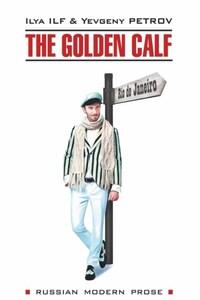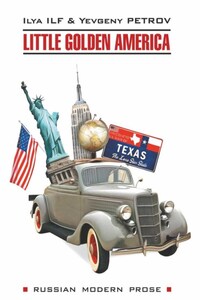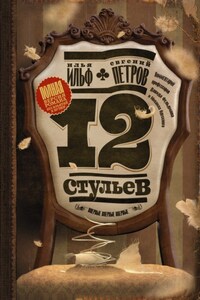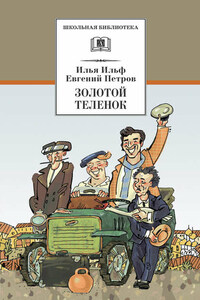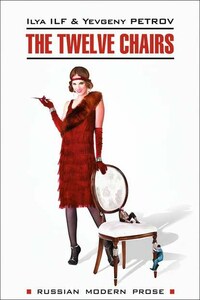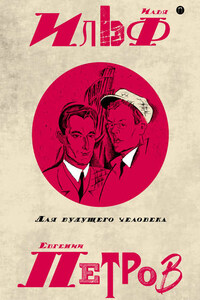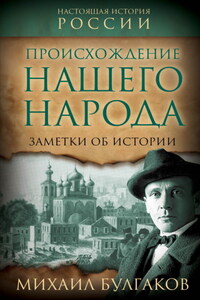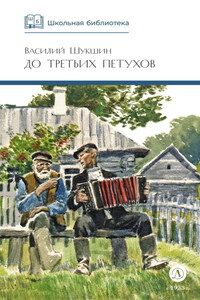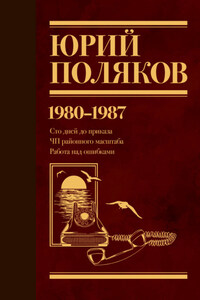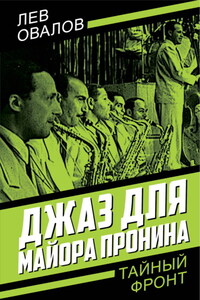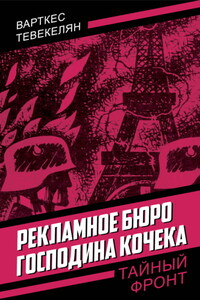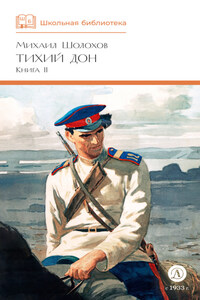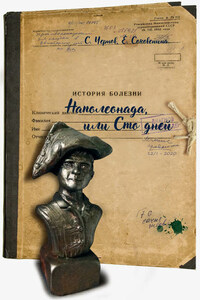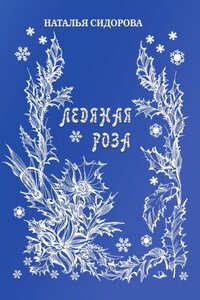Chapter 1. How Panikovsky broke the pact
You have to be nice to pedestrians. Pedestrians comprise the greater part of humanity.
Moreover, its better part. Pedestrians created the world. They built cities, erected tall buildings, laid out sewers and waterlines, paved the streets and lit them with electricity. They spread civilization throughout the world, invented the printing press and gunpowder, flung bridges across rivers, deciphered Egyptian hieroglyphs, introduced the safety razor, abolished the slave trade, and established that no less than 114 tasty, nutritious dishes can be made from soybeans.
And just when everything was ready, when our native planet had become relatively comfortable, the motorists appeared.
It should be noted that the automobile was also invented by pedestrians. But, somehow, the motorists quickly forgot about this. They started running over the mild-mannered and intelligent pedestrians. The streets – laid out by pedestrians – were taken over by the motorists.
The roads became twice as wide, while the sidewalks shrunk to the size of a postage stamp. The frightened pedestrians were pushed up against the walls of the buildings.
In a big city, pedestrians live like martyrs. They’ve been forced into a kind of traffic ghetto. They are only allowed to cross the streets at the intersections, that is, exactly where the traffic is heaviest – where the thread by which a pedestrian’s life hangs is most easily snapped.
In our expansive country, the common automobile – intended by the pedestrians to peacefully transport people and things – has assumed the sinister role of a fratricidal weapon. It puts entire cohorts of union members and their loved ones out of commission.
And if on occasion a pedestrian manages to dart out from under a silver grille, he is fined by the police for violating the traffic laws.
In general, the pedestrians’ standing is not what it used to be. They, who gave the world such outstanding figures as Horace, Boyle, Mariotte, Lobachevsky, Gutenberg, and Anatole France, have been forced to jump through ridiculous hoops just to remind others of their existence. Lord, oh Lord (who, frankly, doesn’t exist), how low you (who don’t really exist) have let the pedestrian stoop! Here he is, walking along a Siberian road from Vladivostok to Moscow, carrying a banner that reads IMPROVE THE LIVING CONDITIONS OF THE TEXTILE WORKERS in one hand, and with an extra pair of Uncle Vanya sandals and a lidless tin kettle dangling from a stick that he’s slung over his shoulder.
This is a Soviet hiker who left Vladivostok as a young man and who, upon reaching the outskirts of Moscow in his old age, will be run over and killed by a heavy truck. And nobody will even manage to get the license plate number.
Here’s another one, the last of the Mohicans of European foot traffic. He is pushing a barrel around the world. He would have been more than happy to walk just like that, without the barrel, but then nobody would notice that he is a long-distance hiker, and the press would ignore him. And so all his life he is forced to push the damn thing, which, to add insult to injury, has a large yellow advertisement extolling the unparalleled qualities of Motorist’s Dream engine oil.
This is how far the pedestrian has fallen.
Only in small Russian towns is the pedestrian still loved and respected. In those towns, he still rules, wandering carelessly in the middle of the street and crossing it in the most intricate manner in whatever direction he chooses.
A man wearing a white-topped captain’s cap, the kind favored by administrators of summer amusement parks and MCs, undoubtedly belonged to this greater and better part of humanity. He traveled the streets of the town of Arbatov on foot, looking around with somewhat critical curiosity. He carried a small doctor’s bag in his hand. Apparently the town made no particular impression on the pedestrian in the artsy cap.
He saw a dozen or so blue, yellow, and pinkish white church towers and noticed the peeling gold of the domes. A flag crackled above a government building. Near the white gate tower of the provincial citadel, two severe-looking old ladies conversed in French, complaining about the Soviet regime and reminiscing about their beloved daughters. Cold air and a sour wine-like smell wafted from the church basement. Apparently, it was used to store potatoes.
“Church of the Savior on Spilled Potatoes,” muttered the pedestrian.
He walked under the plywood arch with the freshly painted banner, WELCOME TO THE 5TH DISTRICT CONFERENCE OF WOMEN AND GIRLS, and found himself at the beginning of a long tree-lined alley named Boulevard of Prodigies.
“No,” he said with chagrin, “this is no Rio de Janeiro, this is much worse.”
Almost all the benches on the Boulevard of Prodigies were taken up by young women sitting alone with open books in their hands. Dappled shade fell across the pages of the books, the bare elbows, and the cute bangs. When the stranger stepped into the cool alley there was a noticeable stir on the benches. The girls hid their faces behind volumes by Gladkov, Eliza Orzeszkowa, and Seyfullina and eyed the visitor with temerity. He paraded past the excited book lovers and emerged from the alley at his destination, the city hall.
